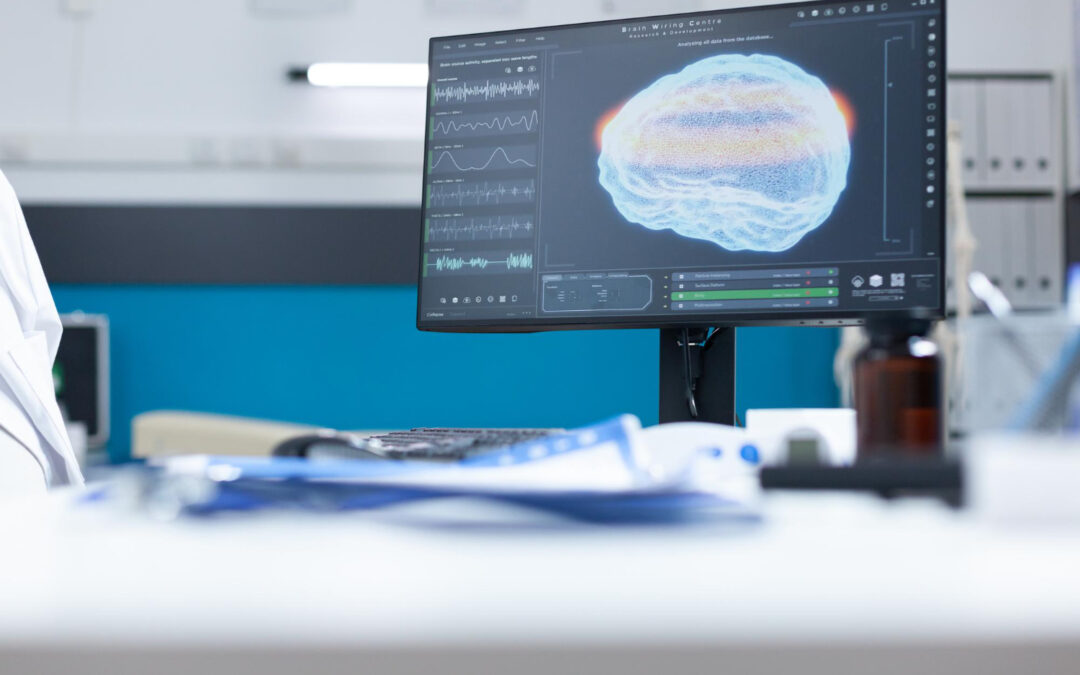Brain Awareness Week is a global campaign that seeks to raise awareness of the importance of brain research and its impact on our daily lives. The brain is the control center of the body, and understanding how it works can help us lead healthier, more productive lives. In this blog post, we will explore the critical role that brain science plays in helping people lead healthier and more productive lives.
- Understanding the Brain-Body Connection
The brain and the body are connected in a complex and intricate way. Researchers are studying how the brain and body interact to improve our overall health and well-being. For example, studies have shown that regular exercise can lead to increased blood flow to the brain, which can help improve cognitive function and reduce the risk of neurological disorders such as Alzheimer’s disease. Understanding the brain-body connection can help us make lifestyle choices that can positively impact our overall health.
- Developing Effective Treatments for Neurological Disorders
Neurological disorders such as Parkinson’s disease, multiple sclerosis, and epilepsy can be devastating for individuals and their families. Brain science is playing a critical role in developing effective treatments for these disorders. For example, researchers are exploring new treatments for Parkinson’s disease that target the specific brain cells that are affected by the disease. Understanding the underlying mechanisms of neurological disorders can lead to the development of more effective treatments and ultimately improve the quality of life for those affected by these disorders.
- Advancements in Brain Imaging Technology
Brain imaging technology has advanced significantly in recent years, allowing researchers to study the brain in greater detail than ever before. These advancements have led to a better understanding of brain function and have helped researchers identify areas of the brain that are affected by neurological disorders. For example, functional magnetic resonance imaging (fMRI) has been used to study the effects of meditation on the brain. These studies have shown that meditation can increase activity in the areas of the brain associated with attention and emotional regulation. Advancements in brain imaging technology are critical for understanding brain function and developing effective treatments for neurological disorders.
- Studying Brain Plasticity
Brain plasticity is the brain’s ability to change and adapt in response to new experiences. Researchers are studying brain plasticity to understand how the brain can be trained and developed to improve cognitive function. For example, studies have shown that learning a new language can improve cognitive function and delay the onset of Alzheimer’s disease. Understanding brain plasticity can help us develop strategies to improve cognitive function and prevent neurological disorders.
- Improving Mental Health
Brain science is also playing a critical role in improving mental health. Mental health disorders such as depression and anxiety can be debilitating, affecting all aspects of a person’s life. Brain science is helping researchers understand the underlying mechanisms of these disorders and develop more effective treatments. For example, cognitive-behavioral therapy (CBT) is a type of therapy that has been shown to be effective in treating depression and anxiety. CBT works by helping individuals identify and change negative thought patterns, leading to improved mental health.
In conclusion, brain science is playing a critical role in helping people lead healthier, more productive lives. By understanding the brain-body connection, developing effective treatments for neurological disorders, advancing brain imaging technology, studying brain plasticity, and improving mental health, brain science is making significant contributions to our overall health and well-being. Brain Awareness Week is an excellent opportunity to raise awareness of the importance of brain research and the impact it has on our daily lives.


Recent Comments